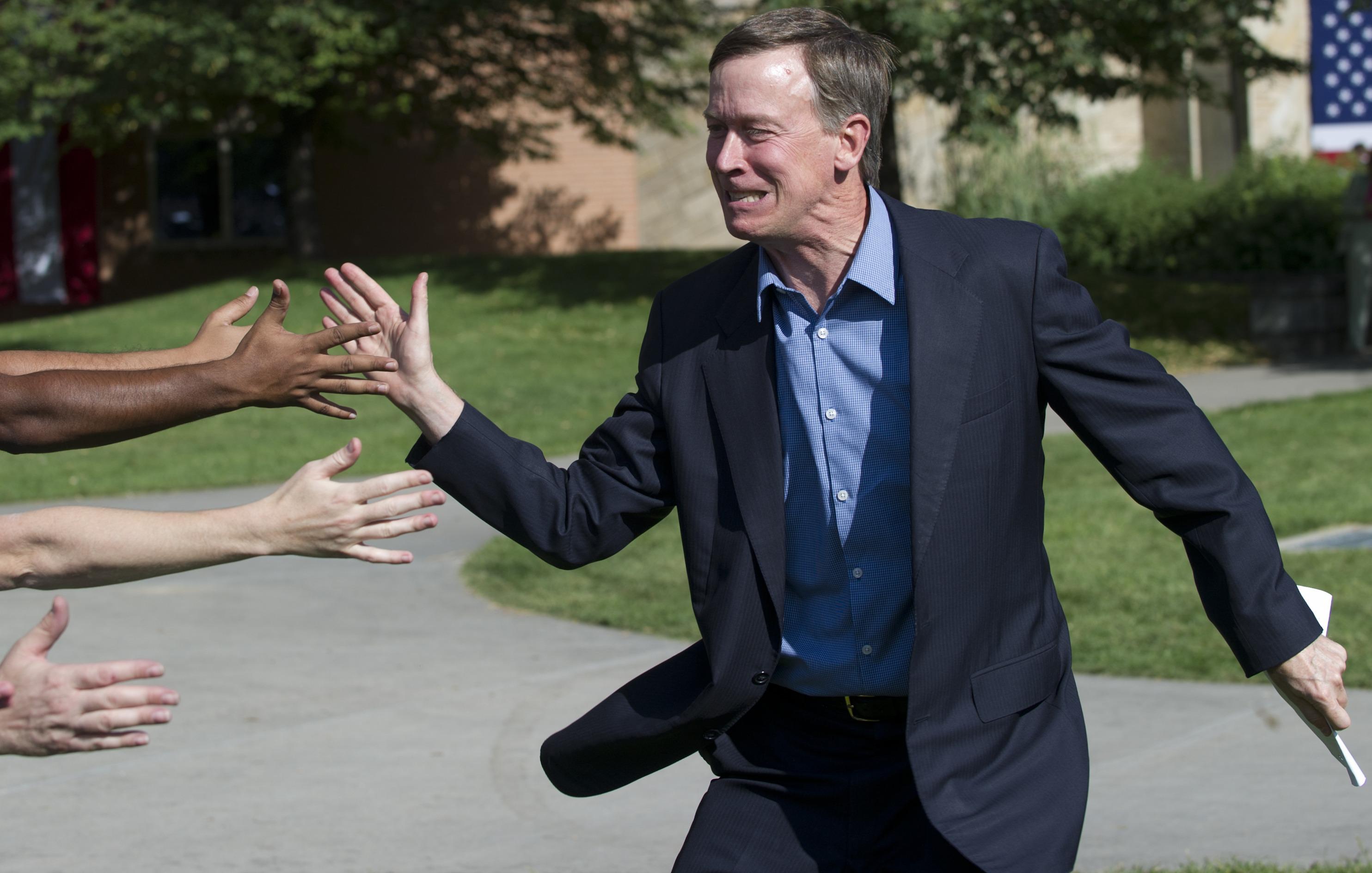This story first appeared on Inc.
In a move that’s likely to have a profound impact for the sharing economy throughout the U.S., Colorado Gov. John Hickenlooper signed into law new regulations for Uber and other car-share companies that subject them to the state’s regulatory authority.
The law, the first one in the nation arising out of a legislative process, deals specifically with the legal requirements necessary to operate a car-sharing service. (California’s Public Utilities commission took it upon itself to impose regulations in 2013.) That law is also likely to be a harbinger of other statutes for the multitude of startups operating in the sharing economy, including companies that provide short-term rentals, such as Airbnb and VRBO.
The enactment of the law comes at a time when sharing companies have run into significant difficulties, including lawsuits and bad press. The timing is also significant, as Uber announced Friday it had raised $1.2 billion, led by Fidelity Investments. The latest round of financing values Uber at around $17 billion.
On the transportation front, various taxi commissions have filed suit against Uber, Lyft, and Sidecar essentially contesting their ability to operate outside the regulatory framework that governs taxis. Earlier this month, an Uber driver allegedly kidnapped and sexually assaulted an inebriated passenger. And in Texas, several car sharing companies are the subject of a lawsuit alleging they discriminate against handicapped passengers. And more court challenges seemingly abound every day.
Similarly, several metropolitan areas have tried to restrict or outlaw operations by Airbnb, VRBO and others on the grounds that they operate outside a regulatory framework meant to collect valuable local tax revenue, and which enforces strict safety standards for consumers.
Colorado’s Transportation Network Companies regulation gives broad authority to the state’s Public Utilities Commission. It places ultimate responsibility with the startup, not the driver, enforcing increases in the amount of insurance drivers need to operate. Until now, car-sharing companies had exploited a legal gray zone for insurance, where it has often been unclear whether ultimate responsibility lies with the driver or the company.
In signing the law, Hickenlooper made it clear that it was not meant to be punitive.
“Consumer protection is a worthy goal that we endorse, but rules designed to protect consumers should not burden businesses with unnecessary red tape to stifle competition by creating barriers to entry,” Hickenlooper said in a statement on Thursday.
See Also: The New DNA of Tech Startups
